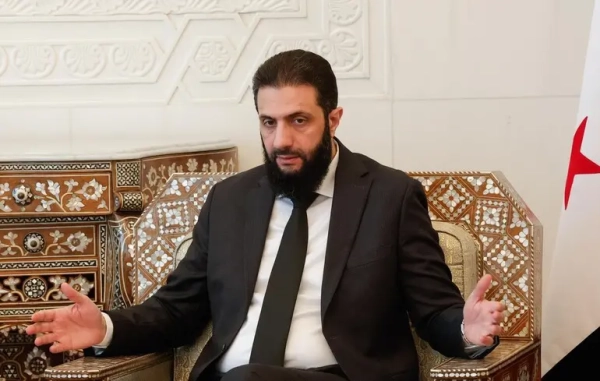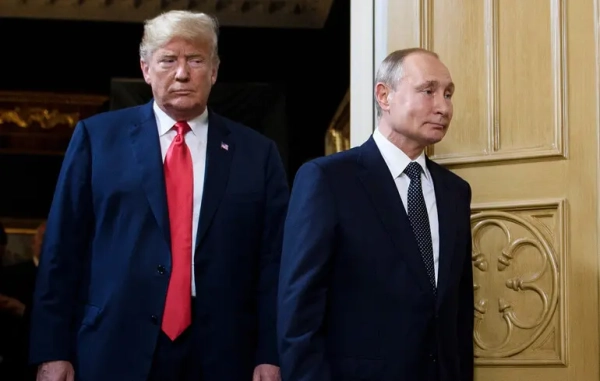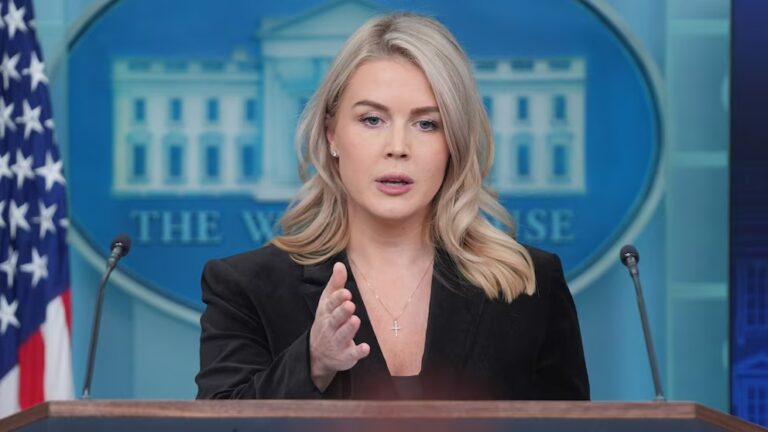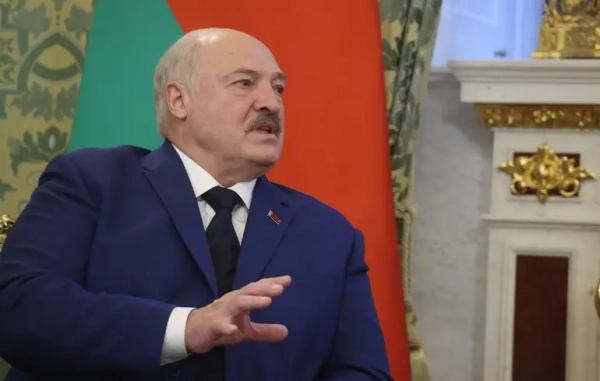
© EPA-EFE/GIUSEPPE LAMI The meeting with Trump is scheduled for Monday.
The United States has put forth a draft resolution in the UN Security Council that aims to remove penalties from Syrian President Ahmed al-Sharaa, who is slated to have a meeting with Donald Trump at the White House on Monday, according to a Reuters report.
The draft also encompasses the termination of penalties imposed on Syrian Interior Minister Anas Khattab. The timing of the vote remains uncertain. For the resolution to pass, it requires a minimum of 9 affirmative votes out of 15 and no objections from the permanent members – Russia, China, the UK, France, and the United States.
Hayat Tahrir al-Sham, with al-Sharaa at its helm, toppled Bashar al-Assad’s regime last December. The group has been subjected to UN sanctions (including travel restrictions, asset freezes, and an arms embargo) since May 2014 because of its connections to al-Qaeda. However, UN sanctions observers have found no “active links” between al-Qaeda and HTS this year.
The Security Council Sanctions Committee has granted al-Sharaa travel waivers on several occasions this year, suggesting that the Syrian president might still be able to visit Washington even if the resolution is not approved by Monday.
As previously mentioned, al-Sharaa held separate talks with the leaders of Ukraine and the United States. Following the rise of the new government, some of the restrictions from the EU and the US were relaxed for Syria, and Ukraine renewed official relations . Furthermore, he recently traveled to Moscow to meet with Putin, after which the Russians recommenced flights to their airbase located in Syria.
Following years of conflict, Syria is grappling with severe difficulties, varying from worn and damaged infrastructure to shortages in food supply. The nation is seeking novel methods to safeguard and rebuild its infrastructure, reconciling regional influence with its individual goals. How can past adversaries contribute to this survival strategy?
Learn about the factors compelling the victors of the war to seek assistance from those who were once their long-standing enemies in Anvar Derkach's article titled “Why the new Syria is reaching out to Russia.”






